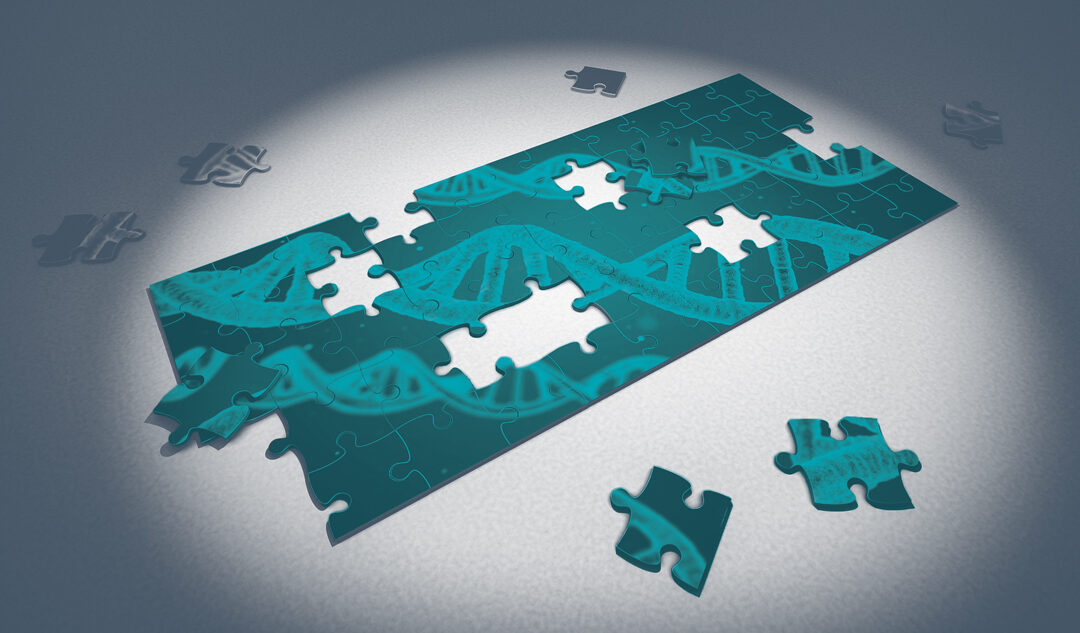If Your Parents Are Addicts, Are You More Prone to Addiction?
Drug and alcohol addiction have definite genetic and hereditary components. Are you prone to addiction if one or more of your parents suffers from the disease or are in recovery? The answer is yes.
Science has made great strides in bettering our understanding of addiction. A number of genes have been found that if present increase the chances of someone developing the disease.
Environmental factors also play a significant role. If both the genes and environmental factors are in place, a person has a much higher chance of becoming addicted to drugs and/or alcohol. Also, the more people in the family that have the disease, the chance of becoming addicted further increases.
By Nick Cuneo, President, Clean Recovery Centers
Invisible Switch
That said, the scientific story is not perfect. Many people develop the disease in the absence of genetic and environmental factors. This is not clearly understood, but there appears to be an invisible switch that gets flipped in these people. Once flipped, it is virtually impossible for them to stop without help. I know because I am one of these people.
There is no addiction in my family that I am aware of and my environment growing up was great! I drank casually until my early 30’s. At that point, over the course of four years, I drank more and more. And by the age of 36 or 37 I could not stop. Two years later, by the grace of God, I would recover and now have close to 20 years in recovery. It seems that I drank myself into addiction.
For the past 19 plus years, I have had the good fortune to work with hundreds and hundreds of people struggling with this disease. Most of them had at least some addiction in their families. Most also experienced traumatic events in their environment, often while growing up.
Getting well
However, I commonly find people just like me that seemingly drank or used their way into addiction. They lacked the familial pattern of addiction. Their upbringings and often their lives were joyful up to the point where the switch flipped, and they became addicted.
The great news is that, regardless of the circumstances, virtually everyone has the opportunity to get well. In fact, I have not seen one person not stay well who wanted to get well, did all the work needed to get well and continued to do the work on a daily basis.
On the contrary, I have never seen anyone recover who did not put in the necessary effort. I have seen people (not many) get well who stopped doing most of the work required on a daily basis, yet stayed “dry.” However, these dry folks are some of the unhappiest and most miserable people I have met in my life. Conversely, those who routinely practice a good recovery program are often some of the most pleasant and joyful people you could ever wish to meet!
Recent Posts


